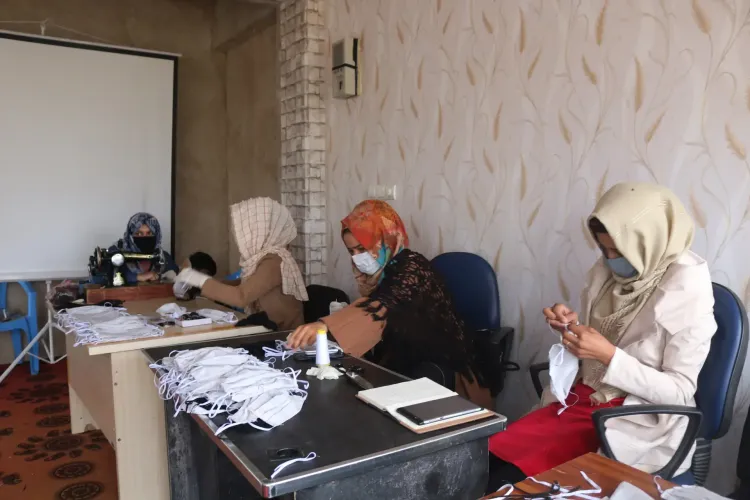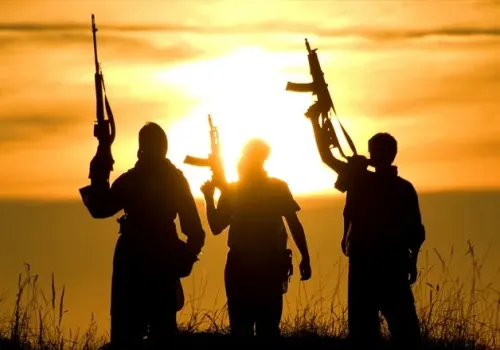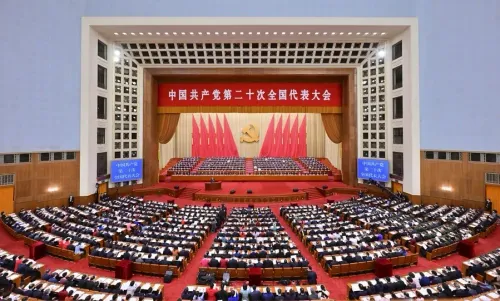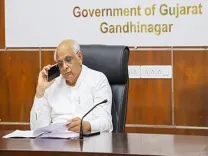The Rights of Afghan Women and Girls Highlighted on International Women's Day

Synopsis
Key Takeaways
- International organizations emphasize the need to support Afghan women.
- UN Women highlights the adverse impact of restrictions on women’s rights.
- Education for girls over 12 has been prohibited in Afghanistan.
- UNESCO stresses that girls' right to education is non-negotiable.
- Government officials claim women's rights differ in an Islamic context.
Kabul, March 8 (NationPress) As the globe observes International Women's Day themed 'For ALL Women and Girls: Rights, Equality, Empowerment', global organizations have reiterated the crucial need to advocate for Afghan women and restore their rights. UN Women in Afghanistan emphasized that supporting Afghan women equates to investing in the nation's future.
Indrika Ratwatte, Deputy Special Representative of the United Nations in Afghanistan, expressed solidarity with Afghan women and girls, asserting the organization's commitment to fostering their resilience, empowerment, leadership, and advocating for their rights.
The recent enforcement of a morality law by Afghanistan's de facto regime has raised serious concerns for UN Women, as it imposes severe restrictions on personal freedoms, effectively marginalizing women from public life while granting extensive enforcement powers to the morality police.
Since the Taliban regained power, Afghan women and girls have faced over 70 new edicts, effectively stripping them of essential rights. Data from UN Women indicates that these restrictions are having devastating effects on their lives.
Since 2021, girls over 12 have been barred from receiving an education, rendering Afghanistan the only country globally where girls are prohibited from attending secondary school.
A report from UNESCO included a woman's statement: "We have no right to education, no right to work, no right to even exist freely. They are removing us from society."
UNESCO reaffirmed that the right to education for girls is non-negotiable, stating on social media, "Today, Afghanistan is the only country where girls over 12 are denied the right to learn. 1.5 million girls are intentionally deprived of secondary education. If this ban persists until 2030, over 4 million girls will be affected."
Meanwhile, Zabihullah Mujahid, spokesperson for the Afghan Government, indicated that the rights of Afghan women in an Islamic context differ from those in Western nations.
"According to Islamic law and the customs of Afghan society, all fundamental rights of Afghan women are guaranteed. However, it is essential to recognize that we discuss women's rights within an Islamic and Afghan framework, which significantly differs from Western culture," stated Hamdullah Fitrat, Deputy Spokesperson for the Afghan government, in a message to TOLOnews.









